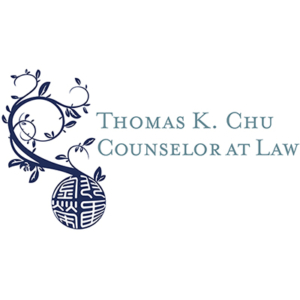Governor Cuomo signs 2014 Budget including Estate Tax Reform
Revised Estate Exclusion Amounts
The New York State budget was signed by Governor Andrew Cuomo on April 1, 2014 with a stair-step increase in the $1,000,000 estate tax exclusion amount for New York residents or non-residents who own property in the state with the following dates of death:
April 1, 2014 – March 31, 2015: $2,062,500;
April 1, 2015 – March 31, 2016: $3,125,000;
April 1. 2016 – March 31, 2017: $4,187,500;
April 1, 2017 – December 31, 2018: $5,250,000;
From January 1, 2019 and beyond, the basic annual exclusion amount corresponds with the Federal exemption ($5,000,000 indexed for inflation beginning in 2010, it is currently $5,340,000).
Estate Tax Cliff
This is potentially the biggest danger to New York residents. There are cliff provisions in the law for all taxpayers dying after April 1, 2014. A New Yorker who has a taxable estate which exceeds 105% of the basic exclusion amount will find his or her entire estate subject to New York State estate tax, not just the excess over the basic exclusion amount. For example, if you are a New Yorker and you die in 2018 with an estate of $5,512,000, your estate will taxed in its entirety, not only the amount in excess of the $5,250,000 basic exclusion amount. New York State estate tax rates were not changed in the new budget, with the top rate remaining at 16%. This only applies to decedents dying between April 1, 2014 and March 31, 2015. We can only assume that this issue will be reconsidered in the formation of the next budget.
Gift Add-back
Lifetime taxable gifts in excess of the $14,000 federal annual exclusion per donee made by a New Yorker during the three-year period before his or her death between April 1, 2014 and December 31, 2018 are “added back” to the decedent’s estate.
No New York State Estate Tax Portability
For Federal purposes, when the first spouse dies if he or she does not fully use his or her estate tax exemption, the balance can be added to the surviving spouse’s own exemption and used by the surviving spouse with the appropriate election on Form 706 (certain smaller estates can make a late federal election for decedents dying after December 31, 2010 and on or before December 31, 2013). This is not the case for New York estate tax: any exemption not used by the first spouse to die is not portable to the second spouse’s estate.
No Separate New York State QTIP Election
QTIP elections for Federal and New York State purposes must be consistent. You cannot make a QTIP election and claim a marital deduction for a trust for New York State estate tax purposes, if you have not made the same QTIP election for Federal estate tax purposes.
Repeal of New York State GST Tax
New York State’s generation-skipping transfer tax has been repealed in its entirety.
Disclaimer — Attorney Advertising
The information on this site is not intended to and does not offer legal advice, legal recommendations or legal representation on any matter. Hiring an attorney is an important decision, which should not be based on advertising. You need to consult an attorney in person for legal advice regarding your individual situation.
Please be aware that while we invite you to contact us and welcome your calls, letters and electronic mail, contacting us does not create an attorney-client relationship. An attorney-client relationship will only be created if and when we enter into a written agreement with respect to legal representation. Please do not send any sensitive or confidential information to us by email or otherwise until such time as an attorney-client relationship has been established in writing and, even then, such information should only be sent in a safe and secure manner.
